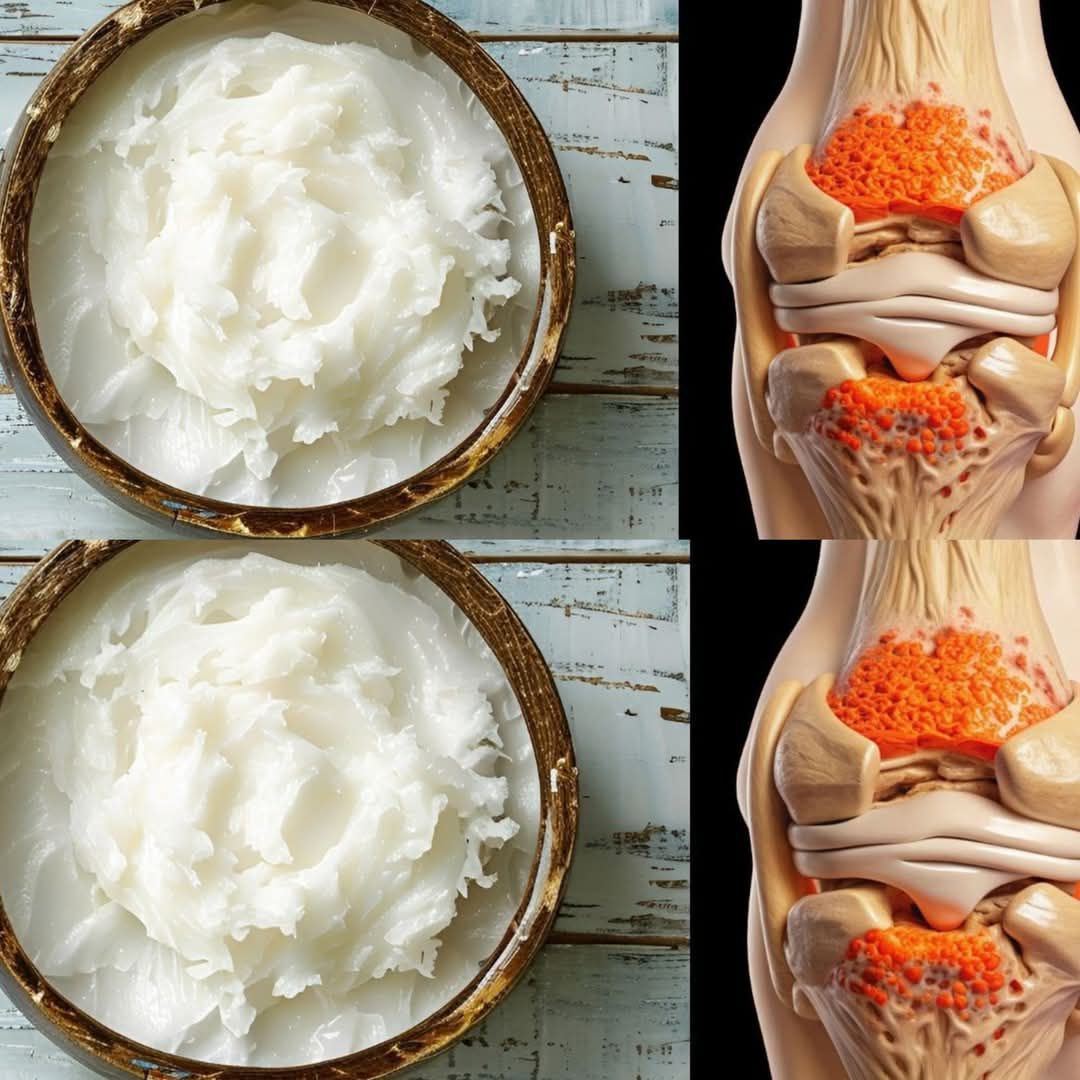ADVERTISEMENT
- Why: Contains healthy fats and vitamin E, which reduce inflammation and promote cartilage health.
- How to Use: Add to salads, toast, or smoothies.
8. Garlic and Onions
- Why: Contain sulfur compounds that support cartilage repair and reduce joint pain.
- How to Use: Incorporate into daily cooking for flavor and health benefits.
9. Whole Grains (Quinoa, Brown Rice, Oats)
- Why: Provide complex carbohydrates that fuel joint repair and reduce inflammation.
- How to Use: Swap refined grains for whole grains in meals.
10. Legumes (Lentils, Chickpeas, Black Beans)
- Why: High in protein and amino acids necessary for collagen and cartilage repair.
- How to Use: Add to soups, salads, or stews.
Bonus Tips for Joint Health
- Stay Hydrated: Water is essential for keeping cartilage hydrated and pliable.
- Avoid Processed Foods: Limit sugar and refined carbs, which can exacerbate inflammation.
- Incorporate Turmeric: Add turmeric to your diet for its anti-inflammatory curcumin content.
Sample Daily Meal Plan for Cartilage Health
- Breakfast: Smoothie with spinach, berries, chia seeds, and almond milk.
- Lunch: Quinoa salad with kale, avocado, and grilled salmon.
- Snack: A handful of walnuts or an orange.
- Dinner: Bone broth soup with lentils, garlic, and broccoli.
Incorporating these nutrient-rich foods into your diet can help rebuild knee cartilage, reduce joint pain, and improve mobility. Combine these with regular exercise and joint-friendly habits for the best results!
ADVERTISEMENT
